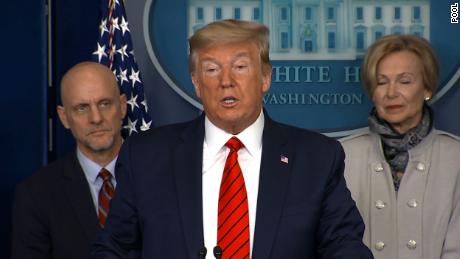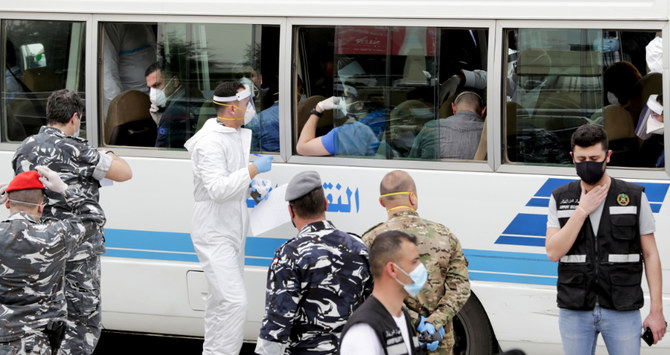
by catholicnews.com — BEIRUT (CNS) — Catholic patriarchs of the Middle East, in Easter messages from churches barren of the faithful due to the coronavirus, lamented the scourge of the pandemic while evoking the hope of the Resurrection. Lebanese Cardinal Bechara Rai, Maronite patriarch, acknowledged that the COVID-19 threat had deprived the faithful of celebrating Easter in churches. Still, he said, Jesus wants people to be “a bright light in the darkness.” “We pray for the recovery of all those infected and the protection of all citizens, as well as those who care for those afflicted with the virus, such as doctors, nurses and family members,” he said appealing to the Lebanese people to stay quarantined in order to prevent the spread of the virus. On top of the pandemic, Lebanon is on the edge of economic collapse. Cardinal Rai urged the government to focus on social justice, to preserve the life savings of Lebanese and to recover what he called the state’s “looted” funds.
In Beirut, Syriac Catholic Patriarch Ignace Joseph III Younan reminded the faithful of the saving power of Jesus. “Would that those who control the affairs of people in this world … refrain from their selfishness and narrow interests and realize that their might, no matter how great, is so small in front of a virus that the naked eye cannot see, but has spread through the globe with a tremendous speed,” Patriarch Younan said. “We, by the power of Our Lord Jesus, who is victorious over death, will inevitably overcome it, and the life cycle will return to normal,” he said. “Let us plead with him from the bottom of our hearts to give the whole world a recovery in spirit and body, so that we can live true peace,” he added. While acknowledging the negative consequences of home quarantine, Patriarch Younan emphasized that “we can turn it into a blessing and a time of grace, strengthening the bonds of honor and the bonds of family cohesion and relations of brotherhood, friendship and love between us.”










